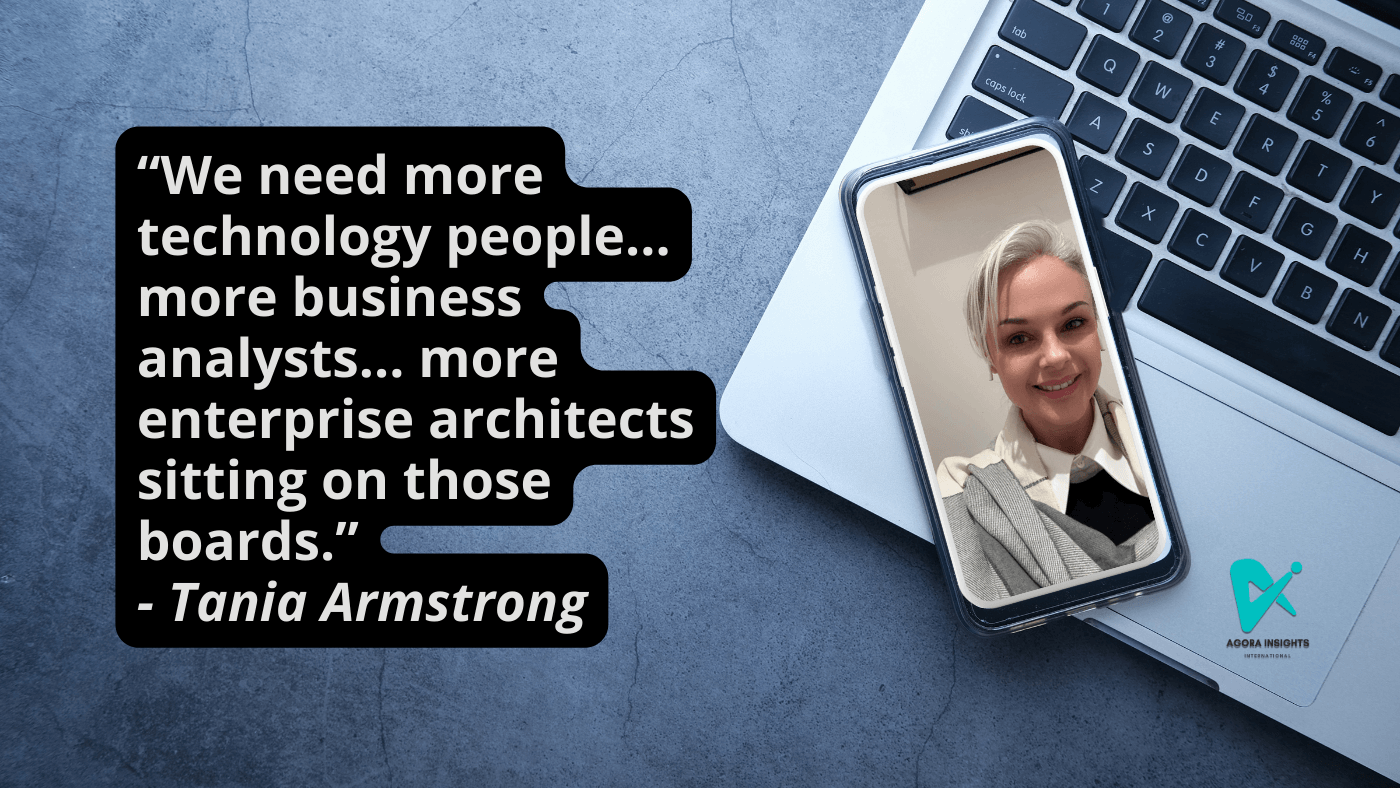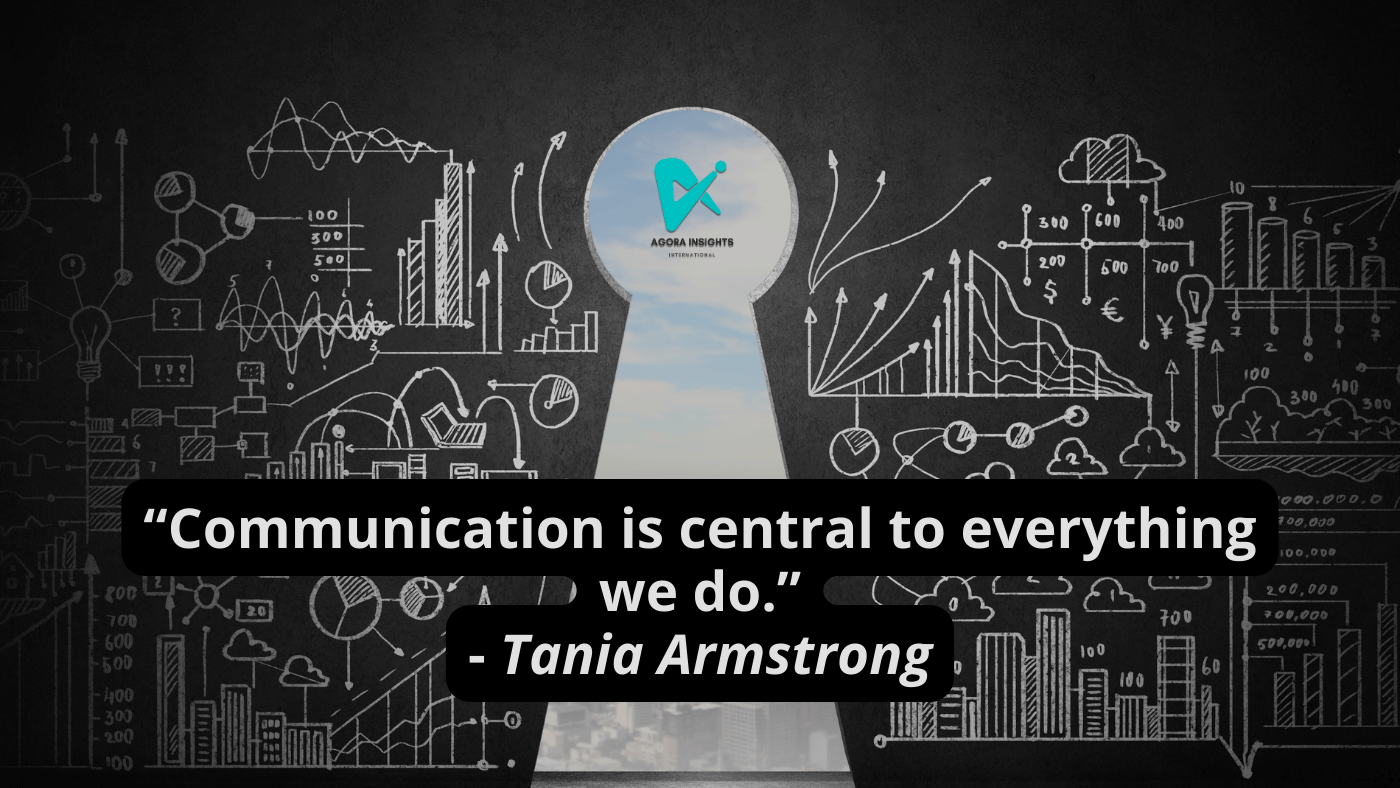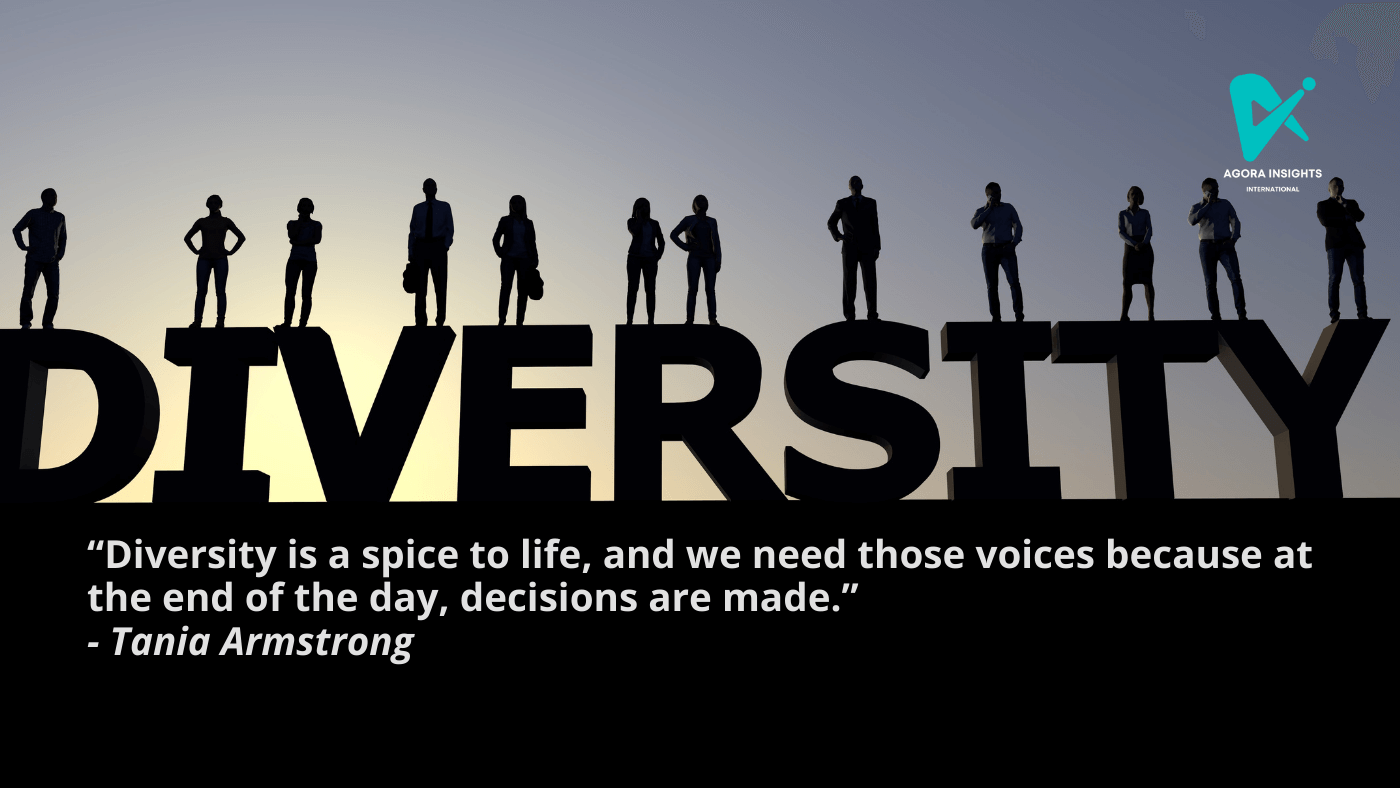
Hosted by Deirdre Caren on Agora Insights' Blueprints for Success - Leadership, Governance, and Diverse Voices in the Age of AI.
Introduction
In my recent discussion with a passionate Tania Armstrong, CEO and Co-founder of STATE3 Limited, the conversation centered around the critical themes of leadership, governance, and the necessity for diverse voices in decision-making roles. As we navigate the complexities brought about by the rise of AI and other emerging technologies, Tania’s insights increase our understanding on how organizations can adapt and thrive in a constantly changing environment.
Let's get started...
Background
Tania Armstrong is the CEO and Co-founder of STATE3 Limited, a New Zealand-based technology firm dedicated to driving innovation and digital transformation. With a passion for enterprise architecture, Tania has established herself as a thought leader in the technology sector, advocating for improved communication and collaboration within organizations.
Tania's educational journey began with a degree in occupational therapy, which laid the groundwork for her understanding of human behavior and communication. Over time, she transitioned into the technology sector, where she has focused on the intersection of technology and business outcomes. She holds a Bachelor of Business in Organizational Technology Management at Massey University, and a Postgraduate Diploma in Data Governance from the University of Auckland.
Throughout her career, Tania has emphasized the importance of understanding the impact of technology on business outcomes and the necessity of well-defined roles within teams. She believes that effective governance and knowledge management are critical to maximizing organizational efficiency and reducing duplication of efforts.
Her journey into leadership has been marked by a commitment to lifelong learning and curiosity. Tania encourages aspiring professionals to embrace challenges, invest in their education, and remain adaptable in an ever-evolving technological landscape. Her insights into the future of enterprise architecture highlight the need for organizations to leverage emerging technologies while maintaining a focus on delivering value to customers.
Three Key Areas
1. Leadership in the Age of AI
Tania emphasized the importance of strong leadership as organizations adapt to the complexities introduced by AI. “If you want a high-performing environment, you have to recruit, train, and expect that,” she stated, highlighting the need for leaders to foster a collaborative culture. As AI continues to evolve, leaders must be proactive in addressing the challenges it presents, ensuring that their teams are equipped to navigate these changes. Tania believes that effective leadership is about understanding the emotional aspects of decision-making and guiding teams through uncertainty.
2. The Role of Governance
Tania passionately discussed the critical role of governance in technology adoption and decision-making. She pointed out that many organizations lack the necessary governance frameworks to manage the risks associated with AI and emerging technologies. “We need more technology people, we need more business analysts, we need more enterprise architects sitting on those boards,” she insisted. Tania advocates for a governance model that prioritizes diverse skill sets and perspectives, which are essential for making informed decisions in a rapidly changing environment.
Tania Armstrong discussed the significant implications of the CrowdStrike outage, emphasizing its potential to be a game-changer for the company and the broader industry. She expressed concern over the company's reputation, suggesting that the incident could lead to substantial challenges for the organization moving forward.
She highlighted the broader issues surrounding organizational governance and knowledge management, stating that many companies fail to understand the impact of outages or security vulnerabilities on their services and customers. Tania pointed out that organizations should be able to assess the cost of such incidents and that a lack of awareness in this area could jeopardize their operations globally. This situation underscores the need for effective governance frameworks and processes to ensure that organizations can respond to challenges and leverage technology effectively.
3. Diversity in Decision-Making Roles
Tania highlighted the pressing need for diverse voices in decision-making roles, particularly as organizations face the challenges posed by AI. She noted that boards often lack the necessary expertise to make informed decisions about technology. “If algorithms are not great towards making decisions regarding women and minorities, we need women and minorities understanding governance to sit on those boards,” she argued. Tania believes that diversity not only enhances decision-making but also drives innovation and adaptability within organizations.

Ten Learning Points
- Strong leadership is essential for navigating the complexities of AI.
- Organizations must prioritize governance frameworks to manage technology risks.
- Diverse skill sets on boards can enhance decision-making capabilities.
- Leaders should foster a culture of collaboration and continuous learning.
- Emotional intelligence is crucial in guiding teams through change.
- Governance training is necessary for technology professionals.
- Diverse voices can drive innovation and adaptability.
- Organizations need to proactively address the challenges posed by emerging technologies.
- Continuous education is vital for leaders to stay informed about technological advancements.
- Understanding the emotional aspects of decision-making can lead to better outcomes.
Close
Tania’s insights on leadership, governance, and the importance of diverse voices highlight the need for organizations to adapt to the complexities brought about by AI and other emerging technologies. Her comments on CrowdStrike are a reminder that organizations need robust governance and better knowledge management practices to prevent similar issues in the future.
As we move forward, it is essential for leaders to cultivate inclusive environments that embrace diverse perspectives and prioritize effective governance. By doing so, organizations can not only navigate the challenges of today but also position themselves for success in the future.
Feel free to share in our Blueprints for Success Podcast or comment with any questions!

To get weekly videos and interviews from leaders around the world, subscribe to our Blueprints for Success Newsletter on LinkedIn
Just a reminder that Agora Insights and now Aidon.ai open up a world of learning and AI-Assisted Solutions for Business Architects, Analysts, Strategists, and Business Leaders. Contact us for a demo.
To watch more videos, visit YouTube.
Interested in business architecture and business analysis certification, corporate and AI training? Go to our website www.agorainsights.com
Contact Deirdre Caren on LinkedIn
ABOUT
Tania Armstrong is the CEO and Co-founder of STATE3 Limited, where she leads efforts to integrate technology with business strategies. Tania's commitment to governance and diversity in leadership roles is evident in her advocacy for change in the corporate sector. Learn more about Tania on her LinkedIn
Post sponsored by Agora Insights Ltd


Post a Comment